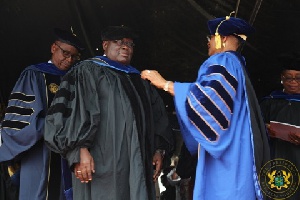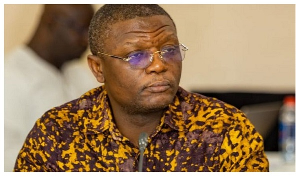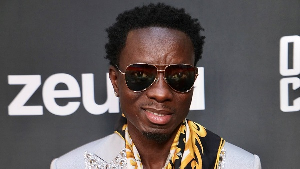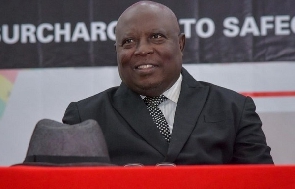The President of the Republic, Nana Addo Dankwa Akufo-Addo, has received an Honorary Doctor of Humane Letters Degree Honoris Causa in International Law, from the University of Liberia, at its 98th Commencement Exercises, on Wednesday, 13th December, 2017.
The Honorary Doctorate degree conferred on President Akufo-Addo by the Board of Trustees of the University of Liberia, and upon the recommendation of the President of the University, Professor Ophelia Weeks, is “in recognition of your substantive contribution to strengthening the Rule of Law in Ghana, and also in recognition of your substantive contributions in Liberia’s peace building process, coupled with your invaluable service to the Ghana State over the years, as a veritable patriot.”
In receiving the award, President Akufo-Addo stated that “I am honoured by the award of the Honorary Doctor of Humane Letters degree, and assure you that I will do my best not to disgrace the award.”
This is the second such honour President Akufo-Addo has received from a famous African University, the first an Honorary Doctor of Law Degree, in May 2016, from the celebrated Fort Hare University of South Africa, which has been the cradle of African nationalism, responsible for graduates such as Nelson Mandela, Julius Nyerere, Desmond Tutu, Oliver Tambo, Govan Mbeki, Seretse Khama, Herbert Chitepo, Robert Sobukwe, Joshua Nkomo, Chris Hani, Kenneth Kaunda, Robert Mugabe and Mangosuthu Buthelezi.
“I am lucky, as the first was received during my time as leader of Ghana’s opposition, and this in my period as President of Ghana,” he said, to a rousing applause from the gathering.
Whilst congratulating the President, Vice Chancellor, lecturers, students, and all alumni at the 98th Commencement Exercises of the University, President Akufo-Addo stated that the University of Liberia has done more than most in shaping the intellectual, moral and political outlook of Liberia.
“And I must confess that I feel so proud to be part of such a seminal moment. I feel very keenly the weight of history and the burden of the aspirations of the men and women who passed through these gates, especially in its early years. They had to believe in themselves and in the African race, when all around them said they counted for nothing,” he said.
The President continued, “They had to believe in the capacity of the African to conduct his or her own affairs, and be a respected member of the global community, when all around them said they were not up to it.
The University of Liberia, from its opening in 1863, to becoming a full-fledged University in 1951, told the young people, who came to study here, that they had the same capabilities as every other young person of every colour, language or race.”
General News of Thursday, 14 December 2017
Source: rainbowradioonline.com

















